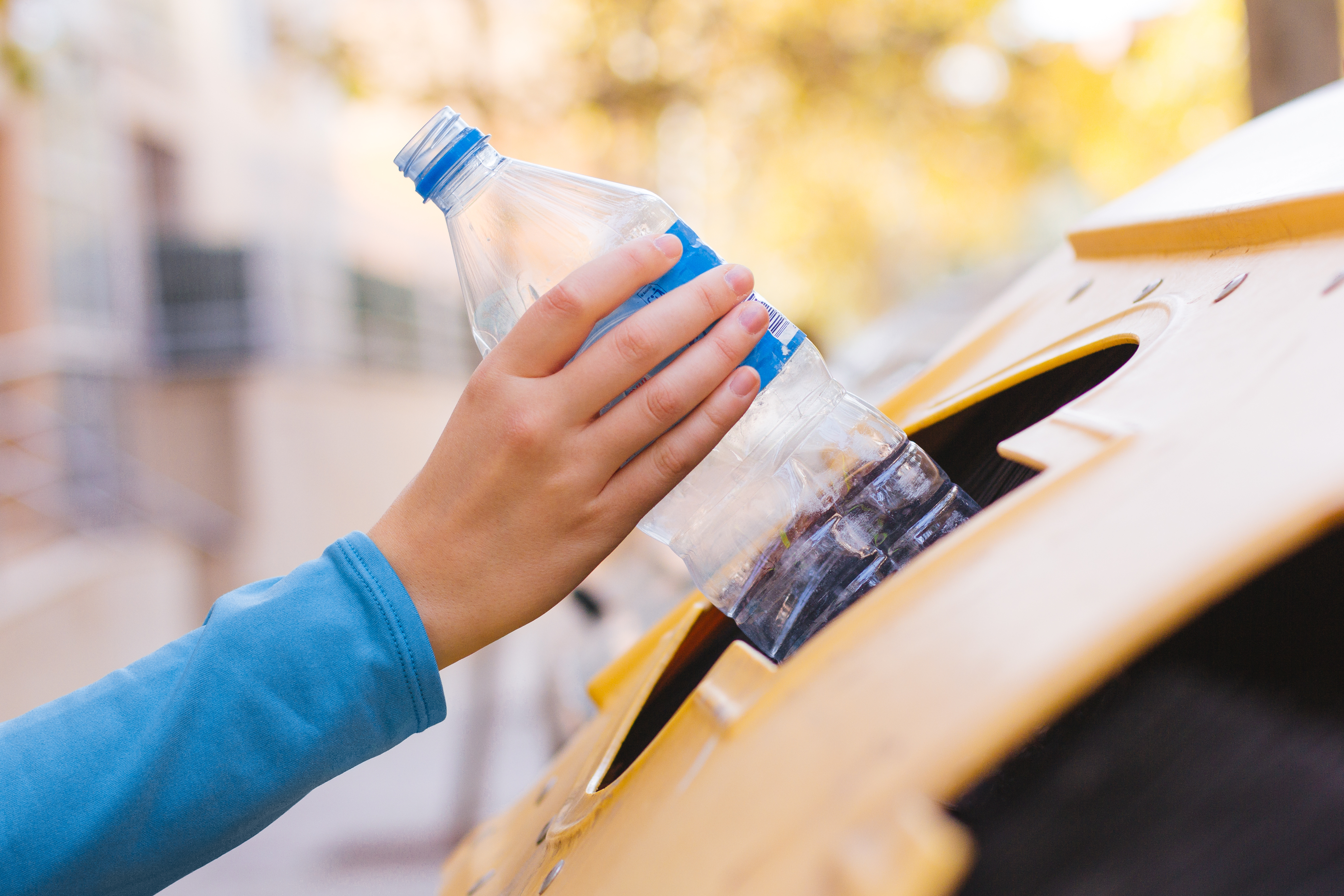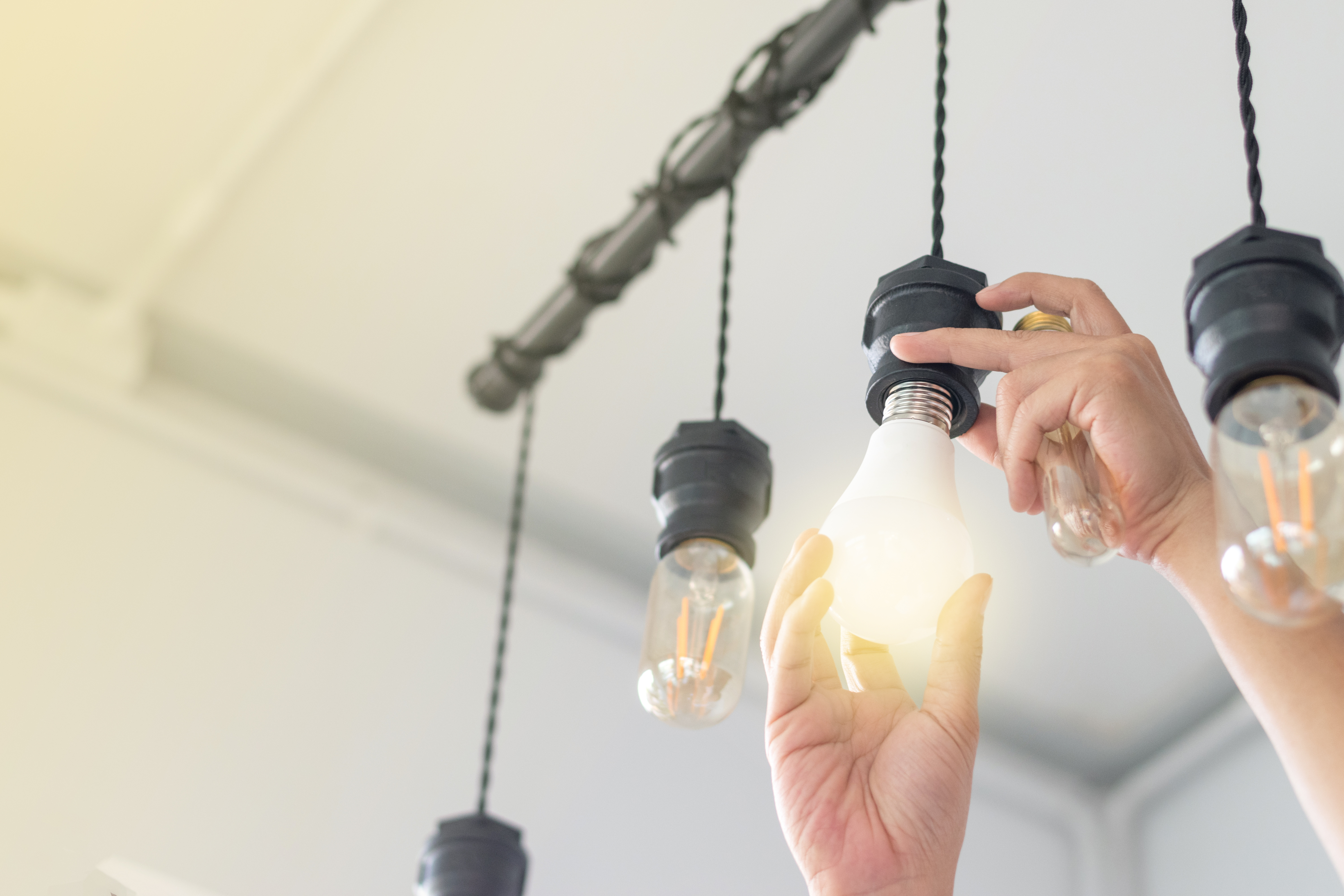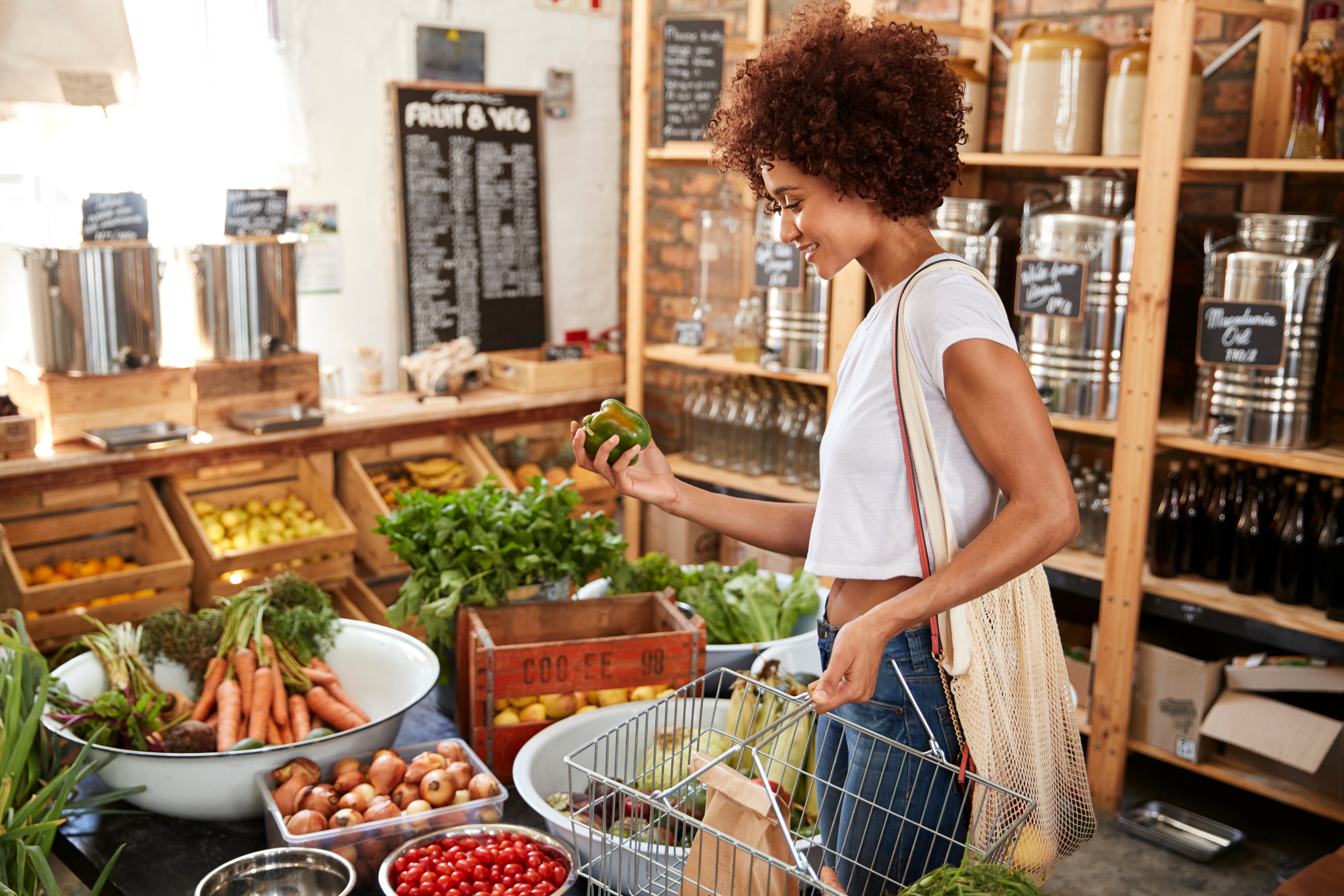Sales
- Selling with Us
- Request a Valuation
- Properties for Sale
- Guide to Buying
- View Shortlist
- Land
- Shared Ownership
Posted on: Monday, April 11, 2022
Earth Day 2022 falls on Friday 22nd April and celebrates it’s 52nd year this year. The worldwide initiative encourages businesses, governments and individuals to act boldly, innovate broadly and implement equitably to ensure we take care of our planet.
A more sustainable world starts with all of us and however small our actions may seem, accumulatively we will be investing in our future, together. To help get you started on your journey to live more sustainably, The Guild has compiled some top tips for small changes we can all make, at home, in our every day lives.
For anyone who wants to play their part in protecting the environment, planting a tree is a great idea. Trees help to reduce pollution, the ozone level is a major concern in urban areas and research shows that planting trees helps to reduce peak ozone levels and lessen pollution problems. Tree planting also brings a couple of really important benefits for humans. Besides helping us to feel connected to nature and maybe even improving our mental health, trees, of course, give us oxygen from taking in carbon dioxide from the atmosphere and use it to create carbohydrates to help them grow. On average, a mature tree can release enough oxygen to sustain two people. There is also no getting away from the fact that urban areas can be very noisy and strategic tree planting can help to reduce noise levels by several decibels. So not only can trees reduce air pollution, they are also beneficial to lessening noise pollution!
Plastic waste is out of control and causing huge damage to the environment, around 12 million tonnes of plastic are poured into the ocean every year, and scientists have recently discovered microplastics embedded deep in the Arctic ice, causing problems for wildlife habitats, ecosystems and human populations.
In 2016, The World Economic Forum found that 78 million tonnes of plastic is produced annually, and only 14% is recycled, and 32% is leaked into the environment. We create a lot of litter as a society and a lot of plastic does not get recycled when it should – instead, it goes to landfills or is littered, or burned – which releases fossil fuels and creates air pollution. It takes over 400 years for plastic to decompose, so make a smarter choice the next time you need to dispose of plastic waste.

Swapping some meat products in your diet for vegetables could help the planet. Animal products, beef in particular, have an outsized impact on the planet – a study of 40,000 farms in 119 countries published in the Journal of Science found that farming livestock uses 83% of all farmland. Unlike plants, when you calculate livestock’s environmental impact you also have to take into account all the crops grown to feed animals. According to the UN’s Food and Agriculture Organization (FAO) an estimated 33% of all croplands are used to grow livestock feed. For every gram of protein, beef production releases 221.6g of carbon dioxide equivalents (CO2e) into the atmosphere, so switching to a flexitarian diet could dramatically decrease these emissions.
Composting helps to fight climate change as you reduce the amount of waste sent to landfill. Landfills seal rubbish in airtight spaces so air cannot get to organic waste, this means it decomposes anaerobically (without oxygen) and creates powerful greenhouse gases, in particular methane which contributes to global warming and climate change. When the same organic waste is composted above ground in your garden, oxygen helps it decompose aerobically so hardly any methane is produced.
Composting at home for one year could save global warming gases equivalent to all the carbon dioxide (CO2) your kettle produces annually or your washing machine in 3 months!
The average home, containing four occupants, uses 13 electronic appliances, according to the Energy Consumption in the UK (ECUK) 2017 report, and although our gadgets have become more energy efficient over time, there’s still a lot you can do to reduce energy consumption – and save money. Try using energy-saver lightbulbs and upgrade to A+++ rated dishwashers, replacing old appliances, and avoiding wasted power by switching unused devices off at the plug.

The average person in the UK uses 150 litres each day. This number can be significantly reduced with a few simple steps;
• Turn off the tap when brushing your teeth
• Place a cistern displacement device in your toilet cistern to reduce the volume of water used in each flush
• Take a shorter shower
• Consider getting an aerated shower head
• Always use full loads in your washing machine and dishwasher
• Fix a dripping tap
• Install a water butt to your drainpipe and use it to water your plants
• Water your garden with a watering can rather than a hosepipe
• Install a water meter
Packaging is often needed to protect products, particularly food, but too much is a huge waste. Next time you are out shopping remember to think about the amount of packaging, is it really necessary?
Ordering a vegetable box or buying from farm shops and markets is a great way to buy ‘naked’ food, it’s also good for the overall picture of zero waste because you’ll be forced to eat more seasonally. You could also try contacting a local deli, butcher or bakery to ask if you can take your own packaging.

Many energy suppliers offer green tariffs, which can either mean they’ll match your usage with renewable energy generation or they will contribute towards environmental schemes on your behalf. These tariffs offer a positive way to tell the energy industry that you want to support renewable energy. Also remember to read the small print to work out which sort of ‘green tariff’ you are being offered, there are many variations and you should only commit to a contract which is right for you.
Think you are ready to buy a sustainable property? Discover some of our eco-homes on the market here. If you're looking for an estate agent who have the planet in mind, contact your local Guild Member and start a conversation today.